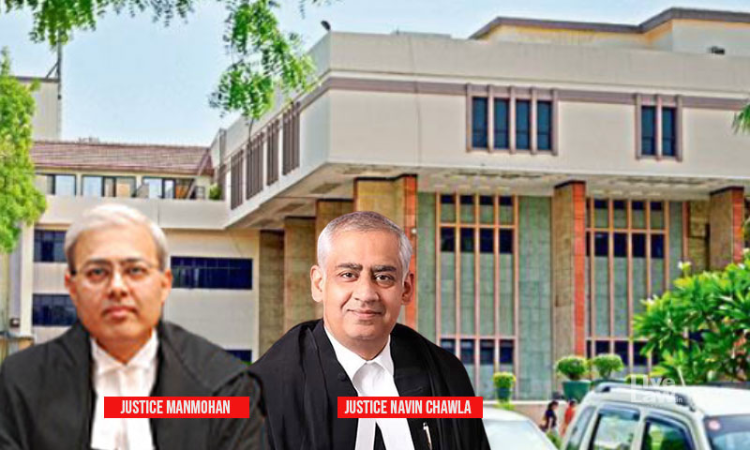'Medical Manual Not Sole Repository Of All Ailments': Delhi High Court Denies Relief To JAG Candidate Declared Unfit Due To High Haemoglobin
Nupur Thapliyal
7 Jan 2022 8:55 PM IST

Medical standards in Armed Forces should be adhered to more strictly, the Court added.
Next Story


